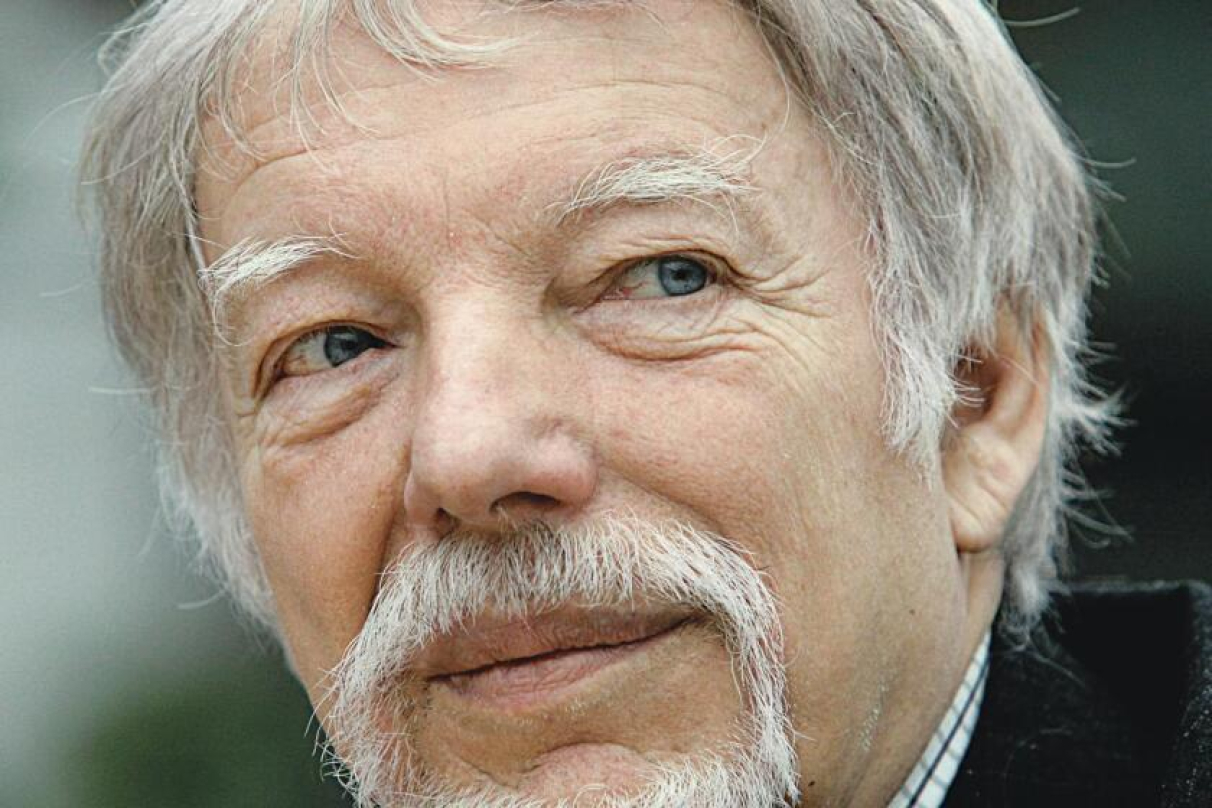Total Religion: Roots and Forms of Puritanical Radicalism

Total Religion: Roots and Forms of Puritanical Radicalism
What is the relationship between monotheistic religion and violence? Is this relationship exclusive, or did earlier religions, preceding Mosaic monotheism, also contain forms of violence? The language of violence, which may appear legitimized in sacred scriptures, derives its authority and validity from revelation, dogma, and especially from the exclusive claim to truth. This phenomenon must be understood primarily outside the frameworks of polemics, apologetics, and religious defenses. This is particularly urgent today, as our world is engulfed in an unprecedented wave of violence—violence whose justification is often rooted in God and in sacred texts. We can no longer afford the luxury of ignoring the question: is there a connection between the monotheistic monopoly on the concept of truth and the language of violence? And how can we analyze and address this link? Ultimately, Jan Assmann, the renowned Egyptologist, does not leave us alone with this grand question. Rather, he offers us both a practical and illuminating vision for an exit from this circle of violence.
In two of his previous and highly controversial works, Assmann had explored the origins of exclusionary violence rooted in religion. He argued that this type of violence originates in the very nature of monotheistic religions. Monotheism, in its essence, rests on the principle of exclusivity of truth. Being monotheistic, such a religion inherently rejects pluralism. Thus, the existence of "the other" is denied, for acknowledging the other poses a threat to one’s own identity. At the time, this argument stirred significant backlash, especially within Jewish circles in Germany, as Assmann repeatedly cited the Bible. It's no surprise that his first book bore the title *Moses the Egyptian*, while the second was called *The Mosaic Distinction, or The Price of Monotheism*.
So, what is new in this book?
In truth, what Assmann presents here is entirely new. Is it a retreat from his earlier positions, or a natural evolution of his ideas? Is it a “retraction” under pressure from dominant media and intellectual circles in a country like Germany, or is it rather a new insight or enlightenment? In this book, Assmann goes even further—beyond the Old Testament—to ancient Egypt, Babylon, and Assyria. He opens the books of mythology, reads ancient papyri, and deciphers inscriptions from temple walls—temples of polytheistic, not monotheistic, religions. And here he surprises us: he uncovers an immense number of texts that incite followers to burn, kill, and annihilate the “other.” Thus, such violent texts did not originate with the Torah, as he had previously argued in *Moses the Egyptian* and *The Price of Monotheism*. This marks the first step in the book. He then proceeds to the concept of *hermeneutics*, analyzing Egyptian, Assyrian, and then biblical texts. He demonstrates the possibilities of interpreting these scriptures in ways that maximize coexistence among differing groups, and shows how such coexistence can indeed be made possible. Assmann distinguishes here between different types—or more precisely, different *manifestations*—of monotheism. Monotheism itself may be one, but the way it is approached and understood varies. This is the central question of the book. After surveying a variety of possible expressions of monotheism, he focuses on two particular types: *exclusionary monotheism* and *totalizing monotheism*. In one particularly striking passage, he even draws a distinction between the *oneness of divinity* (tawḥīd al-ulūhiyya) and the *oneness of lordship* (tawḥīd al-rubūbiyya)—terms commonly used in Islamic theology—displaying a depth reminiscent of a seasoned Islamic scholar.
He then poses the question of whether we genuinely desire to live in coexistence. And if we do, what is the solution?
Assmann surprises us with a response that is not “scientific” in the strict sense, but rather mystical, even ascetic and spiritual. He calls for a form of coexistence not based on passive acceptance of reality, but on an openness to the multiplicity of paths that lead to a single destination—a pluralism that values the diversity of spiritual journeys. The book draws extensively from the Old Testament and situates its citations within their proper context with great skill, to the point where one might think the author is a theologian rather than an Egyptologist. The translator made an excellent choice by avoiding the commonly used Van Dyck Bible translation, opting instead for the *Study Bible*—a version that conveys the ideas in clear, modern Arabic, without the rigid literalism of Van Dyck. This allows the Arab Muslim reader—often unfamiliar with the Bible—to fully grasp the author's meaning.
The book is presented in a translation worthy of its intellectual quality, thanks to the distinguished translator **Karam El-Nuweyshi**.





Comments : 0